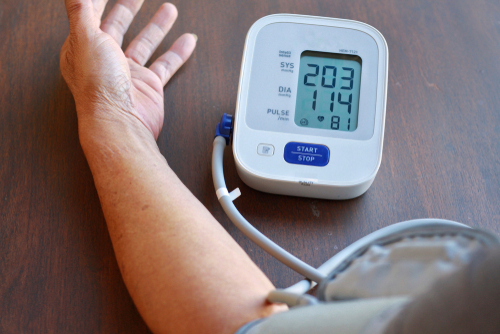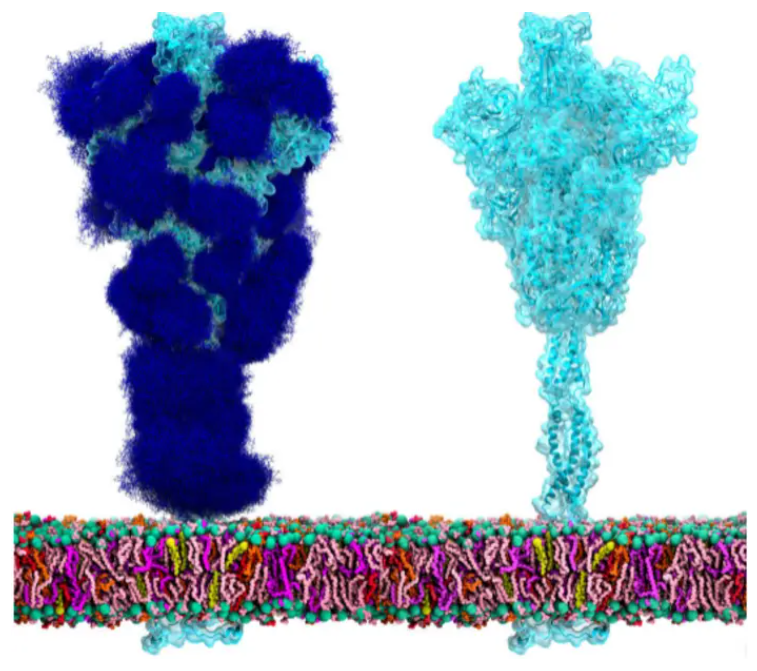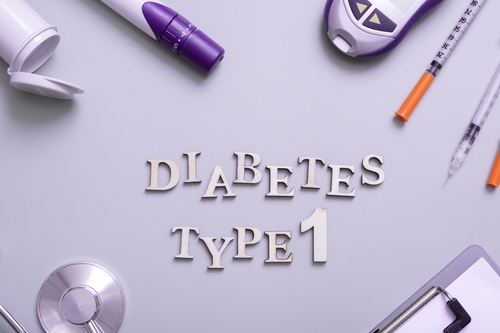
COVID-19 infection is significantly more associated with the development of high blood pressure compared with influenza, according to a new study published in Hypertension.
“While COVID-19 is typically more severe in patients with preexisting high blood pressure, including higher rates of hospitalization and mortality compared [with] people with normal blood pressure, it is unknown whether the SARS-CoV-2 virus may trigger the development of high blood pressure or worsen preexisting hypertension,” said senior study author Tim Q. Duong, PhD, a professor, vice-chair for research in the Department of Radiology, and associate director of integrative imaging and data science at the Center for Health and Data Innovation at Albert Einstein College of Medicine and Montefiore Health System in New York City, via a press release.
In their analysis, researchers used the Montefiore Health System, which includes multiple hospitals located in the New York metropolitan area, to analyze 45,398 patients with COVID-19 who were hospitalized between March 2020 and August 2022, as well as 13,864 patients with influenza who were hospitalized between January 2018 and August 2022 with no history of hypertension. Data were collected during both COVID-19 hospital admission and at time of follow-up, which was within 3 to 9 months following either a positive COVID-19 test or a positive flu test.
According to the results, 21% of patients hospitalized with COVID-19 and 11% who were not hospitalized developed high blood pressure compared with 16% of those hospitalized with influenza and 4% who were not hospitalized. Moreover, the researchers found that patients with COVID-19 infection were notably more likely to develop persistent hypertension compared with those infected by influenza. Patients with COVID-19 who were over 40 years old, Black, and had preexisting conditions, such as chronic obstructive pulmonary disease or coronary artery disease, had a higher risk of developing high blood pressure.
“Given the sheer number of people affected by COVID-19 compared [with] influenza, these statistics are alarming and suggest that many more patients will likely develop high blood pressure in the future, which may present a major public health burden,” Dr. Duong said. “These findings should heighten awareness to screen at-risk patients for hypertension after COVID-19 illness to enable earlier identification and treatment for hypertension-related complications, such as cardiovascular and kidney disease.”







 © 2025 Mashup Media, LLC, a Formedics Property. All Rights Reserved.
© 2025 Mashup Media, LLC, a Formedics Property. All Rights Reserved.